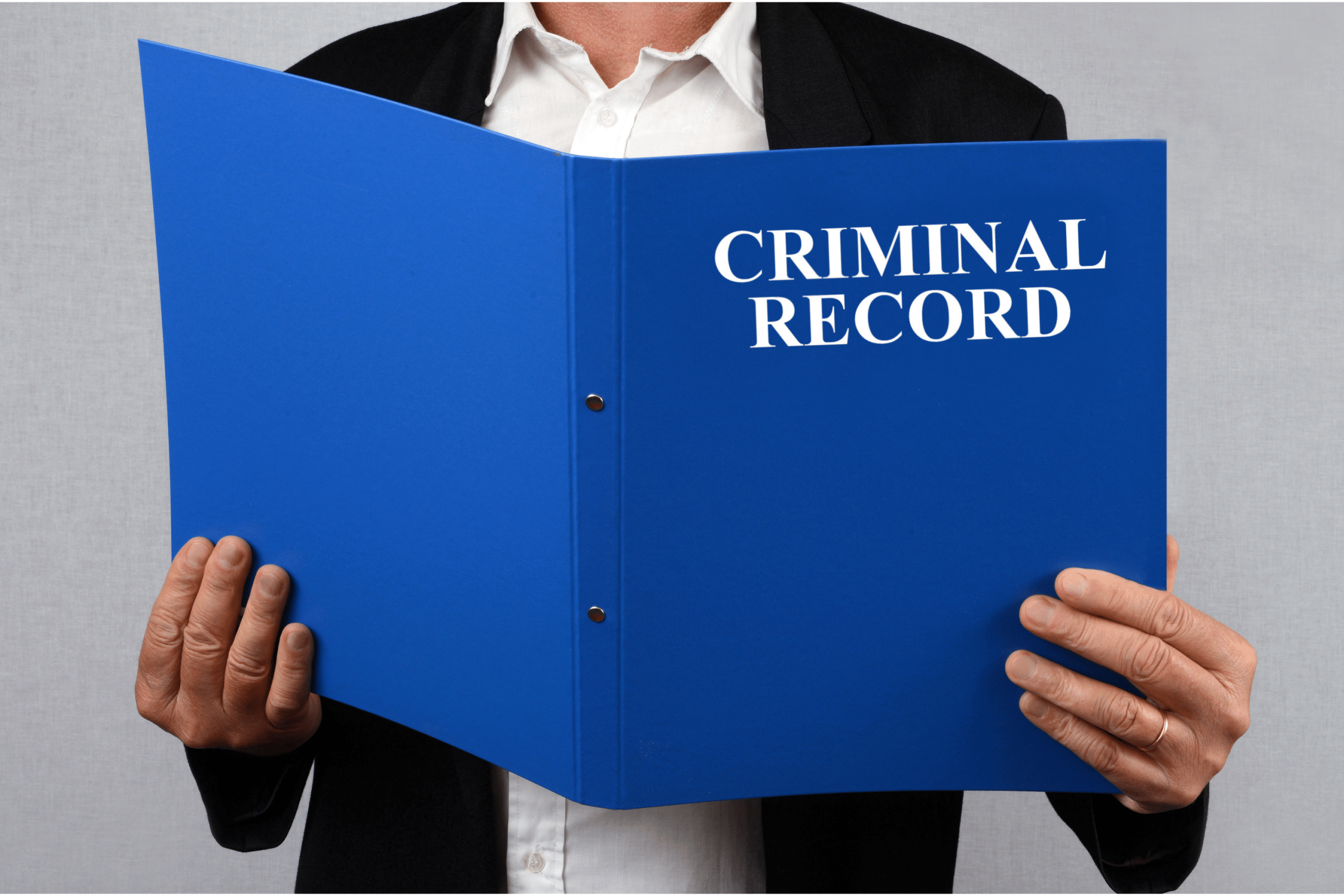In recent years, Colorado has been at the forefront of marijuana legalization, pioneering policies that have influenced the national conversation on drug laws. With Denver as a key player in this movement, individuals with marijuana-related offenses find themselves in a unique position amidst evolving legal landscapes.
One question that arises is whether it’s possible to seal these offenses and what implications changing marijuana laws might have on the process. This article delves into the intricacies of record sealing in Colorado and explores how individuals can navigate these changes.
Understanding Record Sealing in Colorado
Record sealing, also known as expungement, is a legal process that allows individuals to restrict access to certain criminal records. In Colorado, the eligibility for record sealing largely depends on the nature of the offense and the individual’s criminal history.
Historically, marijuana-related offenses have been a significant part of many individuals’ criminal records, especially prior to legalization.
However, with the changing landscape of marijuana laws, particularly in states like Colorado, there have been shifts in how these offenses are treated. As marijuana legalization becomes more widespread, there is increasing recognition of the need to address past convictions and provide avenues for individuals to move forward without the burden of a criminal record.
Implications of Changing Marijuana Laws on Record Sealing
The evolving marijuana laws in Denver and across Colorado have significant implications for the record-sealing process. As laws change, there may be opportunities for individuals with marijuana-related offenses to seal their records or even have convictions overturned. These changes reflect a broader societal shift in attitudes towards marijuana, with an increasing emphasis on decriminalization and rehabilitation rather than punishment.
Moreover, as legalization efforts continue to progress, legislative changes may directly impact the eligibility criteria and process for record sealing. It’s essential for individuals with marijuana-related offenses to stay informed about these changes and consult with legal professionals to understand how they may affect their specific situation.
Taking Advantage of Evolving Legal Landscapes
For individuals with marijuana-related offenses, the evolving legal landscapes present both challenges and opportunities. While past convictions may have once been a significant barrier to employment, housing, and other opportunities, changes in marijuana laws offer the possibility of a fresh start.
One key strategy for individuals seeking to take advantage of these evolving legal landscapes is proactively pursuing record sealing. By working with experienced legal professionals who understand the nuances of Colorado’s laws, individuals can navigate the record sealing process more effectively and increase their chances of success.
Importance of Building a Strong Defense with an Experienced Criminal Defense Lawyer
While the changing marijuana laws in Denver and Colorado offer hope for individuals with marijuana-related offenses, it’s essential to recognize the importance of building a solid defense from the outset.
Even in jurisdictions where marijuana has been legalized, there are still laws and regulations governing its use, possession, and distribution. Individuals facing marijuana-related charges need competent legal representation to protect their rights and advocate on their behalf.

An experienced criminal defense lawyer can assess the circumstances of the case, explore potential defenses, and work towards the best possible outcome for the client. Whether through negotiating plea deals, challenging evidence, or seeking alternative sentencing options, a skilled attorney can make a significant difference in the outcome of a case.
Sealing Criminal Records In Colorado
The changing marijuana laws in Denver and Colorado have far-reaching implications for individuals with marijuana-related offenses. Understanding the record sealing process, staying informed about legislative changes, and seeking legal representation are crucial steps for navigating these evolving legal landscapes.
By taking proactive measures and leveraging the expertise of experienced legal professionals, individuals can work towards a brighter future free from the constraints of past convictions.
About the Author:
Kimberly Diego is a criminal defense attorney in Denver practicing at The Law Office of Kimberly Diego. She obtained her undergraduate degree from Georgetown University and her law degree at the University of Colorado. She was named one of Super Lawyers’ “Rising Stars of 2012 & 2019-2022” and a “Top 100 Trial Lawyers in Colorado” for 2012-2022 by The National Trial Lawyers. Both honors are limited to a small percentage of practicing attorneys in each state. Additionally, Expertise names her to its lists of the 25 Best Denver DUI Lawyers and 21 Best Denver Criminal Defense Lawyers, both in 2020-2022. Ms. Diego has also been recognized for her work in domestic violence cases.





